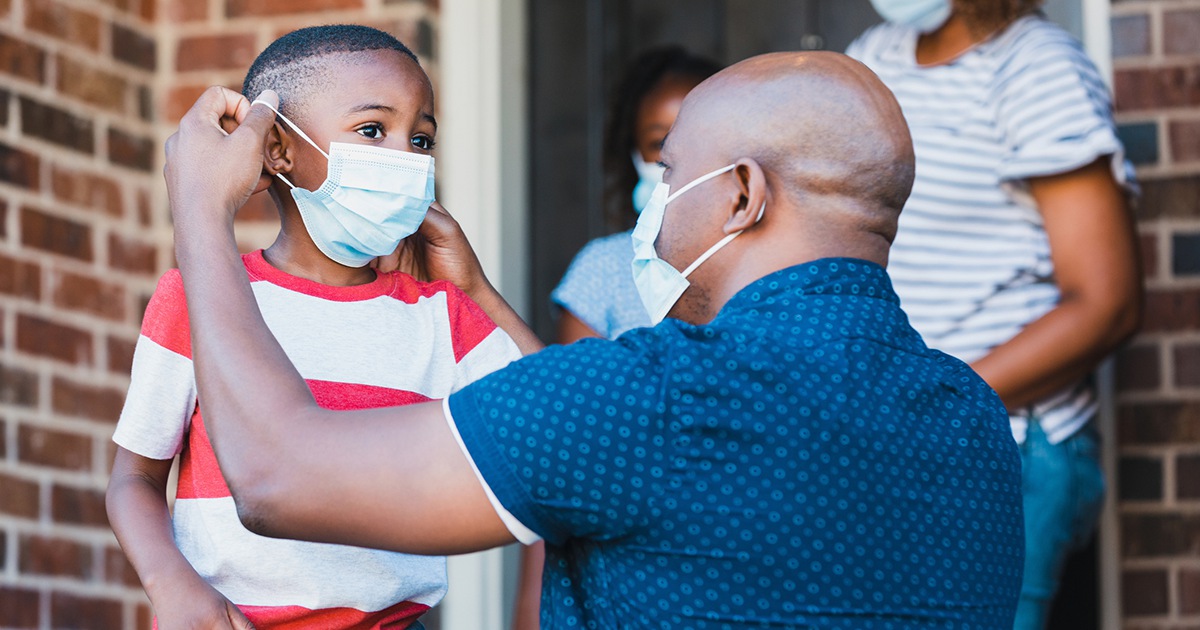
@ShahidNShah


Deeply embedded systemic issues such as racism and classism have historically served as barriers to achieving health equity. These issues often result in several health dwindling factors such as the increased density of households, unemployment, and a lack of access to basic healthcare services.
During COVID-19, these existing health disparities have become even more prevalent in minority populations, as Black and Hispanic communities across the U.S. experience greater financial impacts, higher rates of infection, and higher death rates.
As more COVID-19 testing data becomes available, it has become increasingly apparent that the pandemic has been especially devastating for minority communities in the U.S.
Continue reading at himss.org
While much of the residual implications of the COVID-19 pandemic remains unknown, incalculable, and therefore difficult to manage, one thing has come clearly into focus: health inequity. Reports have …
Connecting innovation decision makers to authoritative information, institutions, people and insights.
Medigy accurately delivers healthcare and technology information, news and insight from around the world.
Medigy surfaces the world's best crowdsourced health tech offerings with social interactions and peer reviews.
© 2025 Netspective Foundation, Inc. All Rights Reserved.
Built on Apr 28, 2025 at 12:52pm